Arbitration is a form of alternative dispute resolution. It is “alternative” in the sense that an arbitrator, rather than the court system, will hear the evidence and decide the outcome of a case. Many modern contracts require the parties to the contract to agree to resolve any disputes by using the arbitration process. In Minnesota, arbitration is recognized by the judicial system as a way to avoid court congestion and has been available since the early 1990s as a recognized type of alternative dispute resolution.
Recently, many rural electric cooperatives nationwide have adopted “arbitration clauses” within their bylaws to require that certain disputes between the cooperative and its members be resolved by arbitration. Todd-Wadena Electric Cooperative has been exploring this option and the membership will be asked to vote on it at TWEC’s Annual Meeting in April. This article is dedicated to exploring and explaining this arbitration issue in more detail.
Why Arbitration?
Arbitration is an effective dispute resolution tool for a number of reasons. It is widely considered to be a quicker way to bring a dispute to a conclusion as compared to traditional litigation in the court system. Arbitration is also considered less expensive than traditional litigation; especially when taking into account the legal fees and expense involved in court filing, witness fees, jury fees, and the multitude of motions, briefs, jury instructions, and other requirements of traditional litigation in the court system.
Arbitration involves a process of selecting the arbitrator that allows equal input from both parties (rather than having a random judge assigned). This usually results in better subject matter knowledge from the decision maker weighing in on the underlying merits of the case and on the final decision.
How it Works
Incorporating a mandatory arbitration clause into the Todd-Wadena Electric Cooperative Bylaws would require that most disputes between a member and the Cooperative be resolved through the arbitration process. The details of how an arbitration proceeding is initiated, and what process guides the parties, is set forth in the Minnesota Uniform Arbitration Act–codified at Minn. Stat. Chapter 572B.
Generally speaking, the arbitrator will set the time and place for a hearing to determine the controversy. The hearing will take place in Wadena County, Minnesota, and may be adjourned from time to time. The parties are entitled to be heard, to present evidence, and to examine and cross examine witnesses. A party may be represented in the proceeding by a lawyer. The arbitrator has the ability to issue subpoenas and may permit depositions and other forms of discovery the arbitrator deems appropriate.
Ultimately, the arbitrator will issue an award, in writing, and furnish it to each party. The award may consist of any remedy the arbitrator considers just and appropriate under the circumstances of the proceeding. Minnesota’s Arbitration Act contains provisions for vacating an arbitration award under limited circumstances and for limited appeal of an arbitrator’s award.
Final Thoughts
Arbitration itself is not a panacea/cure-all for resolving disputes. However, given the growing pressure put on our judicial system by increased criminal and family law caseloads, and the resulting time delays and increased expenses to be borne by civil litigants, arbitration is becoming a more appealing tool.
After considering the nuances involved in arbitration carefully and in observing its successes elsewhere, your Todd-Wadena Electric Cooperative Board of Directors is recommending the incorporation of an arbitration clause into the Cooperative’s Bylaws. You, the members, will have the ultimate say on this decision when you cast your votes in conjunction with TWEC’s Annual Meeting in April. I encourage you to vote “yes” on this ballot question and allow the Cooperative’s Bylaws to be amended to include an arbitration clause.
